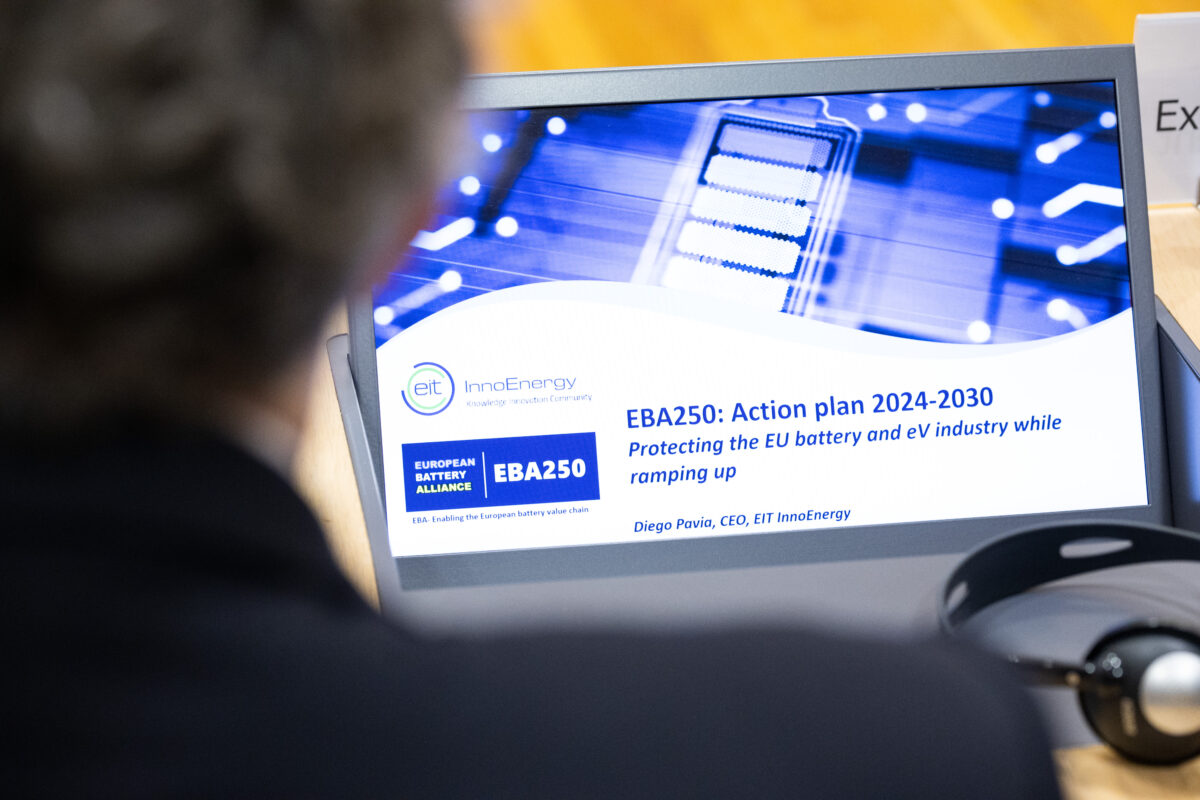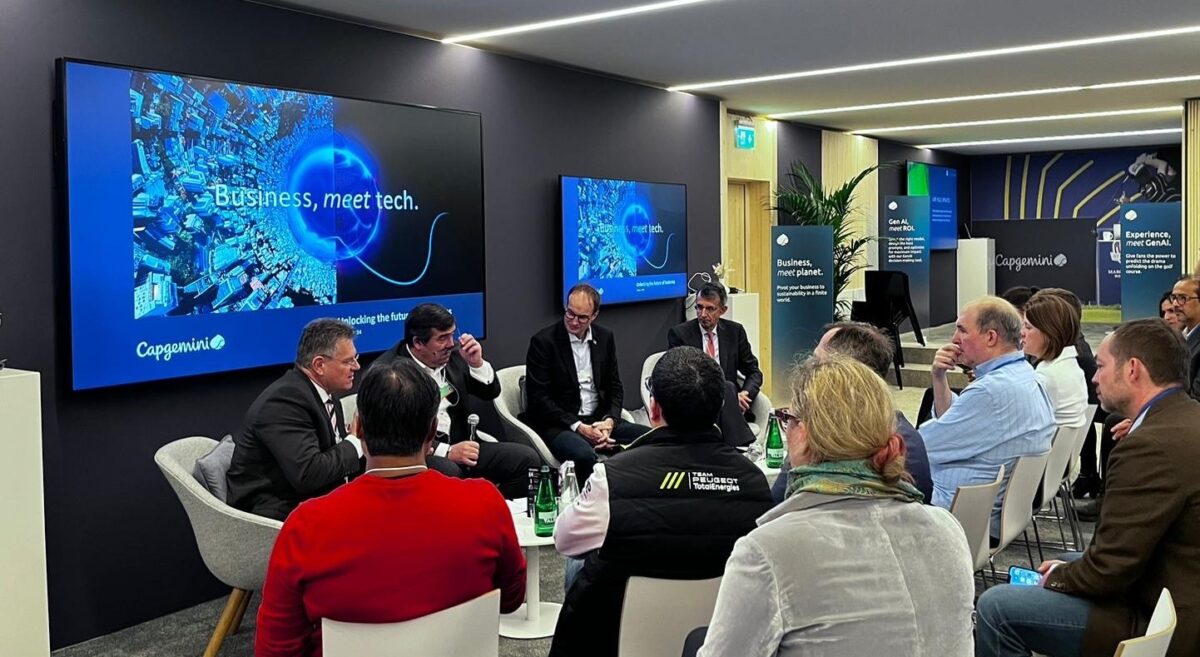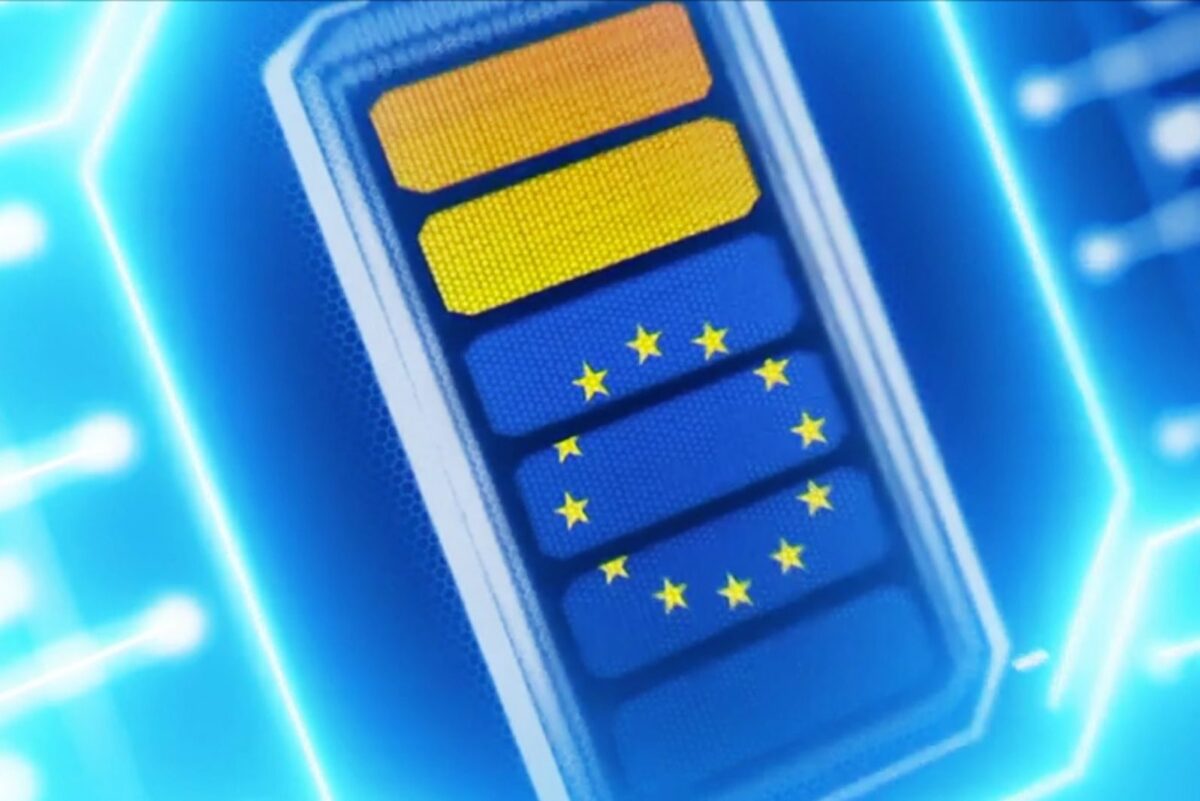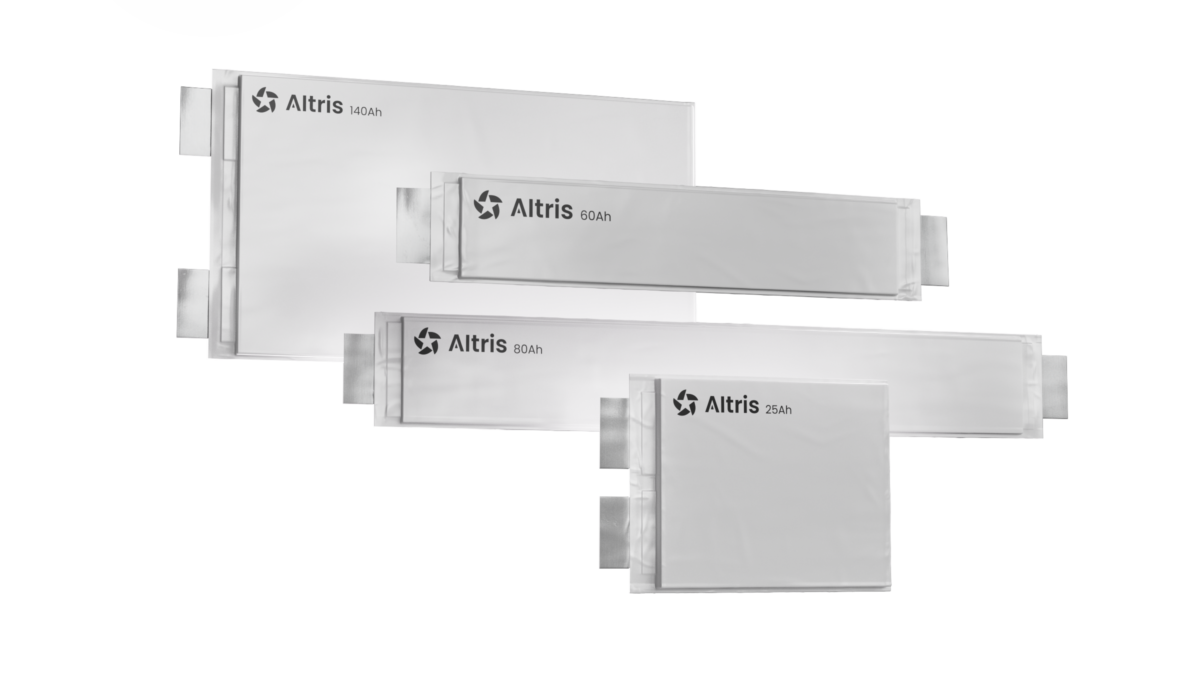
May 28, 2024
8th High-Level Meeting of the European Battery Alliance: Shaping a New Action Plan Amid Geopolitical Shifts
On May 24, 2024, the 8th High-Level Meeting of the European Battery Alliance (EBA) chaired by Executive Vice-President Maroš Šefčovič was held in Brussels to evaluate the 2018 Battery Action Plan and frame future actions in light of evolving global dynamics.
The meeting was attended by Commissioner for the Internal Market Thierry Breton, Minister for Economy, Innovation, Work, Social Economy and Agriculture Jo Brouns on behalf of the Belgian EU Presidency, Member States, Norway, the European Investment Bank, the European Bank for Reconstruction and Development, as well as EBA250 representatives and members.
The evolution of the European battery industry: achievements and emerging challenges
Reflecting on the progress since 2018, Maros Šefčovič highlighted the significant achievements facilitated by the Battery Action Plan, including the establishment of 30 gigafactory projects and the implementation of the world’s leading Battery Regulation. But he also emphasized the need for new strategic actions to adapt to geopolitical realities. “We can all be proud of the work done since 2018 when I put forward our first battery action plan. But the global context has changed and so have the challenges the European battery value chain faces. Therefore, the time is ripe to identify new strategic actions that will help us focus our minds and efforts, notably to ensure level playing field for our industry in the face of assertive economic policies and public support schemes elsewhere”, he said in a statement published after the meeting.
Based on the key objectives and prioritized actions identified by EBA250, the 2018 Action Plan was indeed instrumental in establishing the EU Battery Regulation, which set ambitious criteria for sustainability, traceability, and recyclability of batteries in the Single Market. In addition, from an almost inexistent industry in 2017, the EU battery value chain has grown stronger with a total manufacturing capacity installed reaching 167 GWh in 2023. Two battery IPCEIs have also been launched and 67,000 workers have been trained to date by the EBA Battery Academy (now Skills Institute).
However, over the past eight years, new challenges have emerged that the European battery industry must address to successfully scale up. International competition has intensified, with countries like the United States and China implementing support schemes that affect the EU’s competitiveness and attractiveness for new investments. Additionally, the prices of raw materials essential for battery manufacturing have increased and become more volatile, while energy costs in the EU are now higher than in other regions.
Working towards an Action Plan 2024-2030 for the battery value chain
Within this context, we at EBA250 had the honor to present key recommended focus areas for an Action Plan 2024-2030 to protect the European value chain as it scales and boost growth to deliver on ambitious targets.
Recommended focus for further actions includes:
- Ensure fair competition with third countries, while remaining open to free trade, and strengthen partnerships that enhance the competitiveness and resilience of the battery industry along the value chain,
- Strengthen the demand pull for sustainable batteries produced in Europe (public procurement, retail, industrial) to ensure that sustainability is an asset for the competitiveness of EU industry,
- Leverage necessary financial instruments, both on the offer and demand sides, to support the scale-up of the battery industry,
- Continue to support industry-led research and development programs to maintain a degree of technology sovereignty and accelerate time to market.
Advocating for the battery industry is central to our role in the EBA and we very much valued the opportunity to facilitate the participation of the Finnish Minerals Group, Northvolt, Verkor and Renault at the ministerial meeting. We now look forward to seeing the recommended focus areas translated into an accelerated strategic action plan that will protect our industry against unfair competition while reaching 1000 GWh of sustainable and competitive batteries made in Europe by 2030.
More EBA250 news
Following the recent announcement from EVP Šefčovič on the need to support manufacturing of…
Under the framework of the European Battery Alliance, the ‘One-Stop-Shop to EU Finance’ service…
In an era where the green transition is no longer a choice but a…
CIRPASS invites the EBA community to contribute to a consultation on the Cross-sector and…
EBA250 welcomes the release of a Strategic Research and Innovation Agenda for the EU…
Today marks the launch of Repono, a pan-European company focused on owning and operating…
18 January 2024, Davos: EIT InnoEnergy, the innovation engine for sustainable energy supported by…
EBA 250 welcomes the renewed commitment to the battery industry by the European Commission…
EBA250 continues to boost growth of the European battery industry On 2 December 2023,…
Last week some small but important steps for more battery materials produced in Europe…








